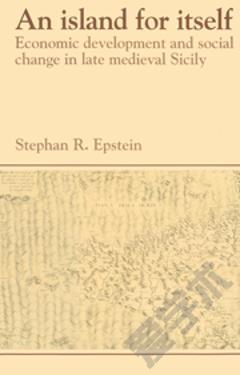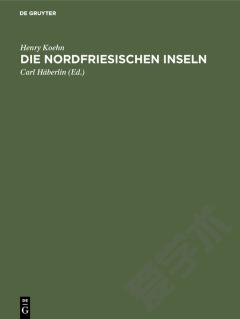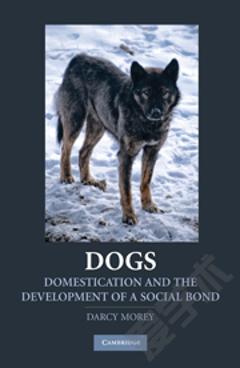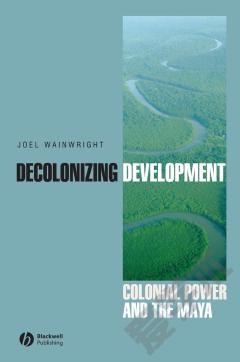Island Colonization: The Origin and Development of Island Communities
New or recently sterilized islands (for example through volcanic activity), provide ecologists with natural experiments in which to study colonization, development and establishment of new biological communities. Studies carried out on islands like this have provided answers to fundamental questions as to what general principles are involved in the ecology of communities and what processes underlie and maintain the basic structure of ecosystems. These studies are vital for conservation biology, especially when evolutionary processes need to be maintained in systems in order to maintain biodiversity. The major themes are how animal and plant communities establish, particularly on 'new land' or following extirpations by volcanic activity. This book comprises a broad review of island colonization, bringing together succession models and general principles, case studies with which Professor Ian Thornton was intimately involved, and a synthesis of ideas, concluding with a look to the future for similar studies.
{{comment.content}}








 京公网安备 11010802027623号
京公网安备 11010802027623号